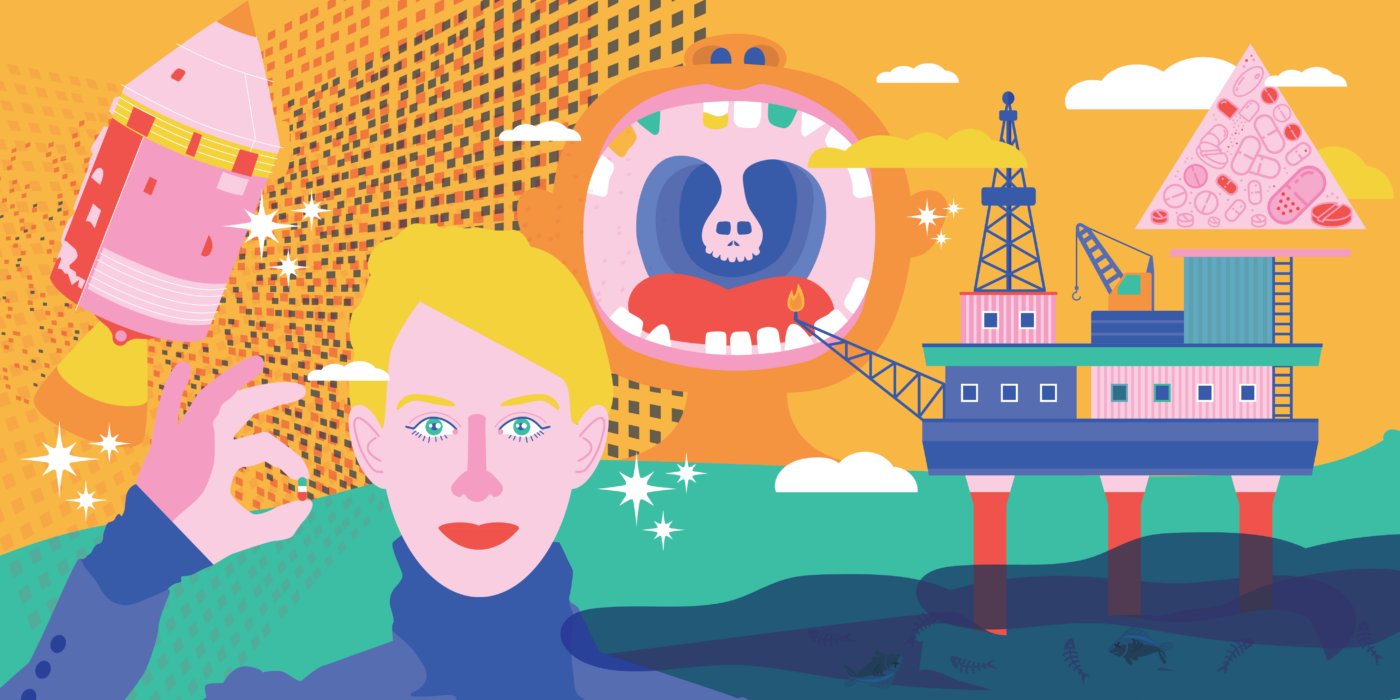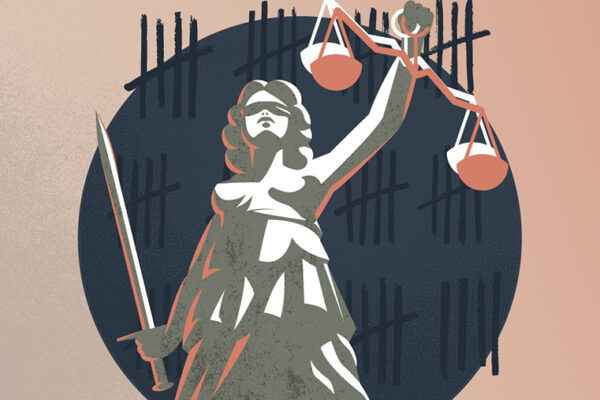On the first day of “Engineering Ethics and Sustainability,” Sandra Matteucci tells her engineering students: “I’m going to make a bold prediction: The hardest decisions you will make in your career are going to be ethical.”
During the semester, her students examine the ethical failures in cases such as the Deepwater Horizon oil spill and a chemical company poisoning ground water, to name just two examples.
“The challenge with teaching ethics is that there’s an abundance of material,” says Matteucci, senior lecturer and director of the Engineering Communication Center in the McKelvey School of Engineering at Washington University in St. Louis. “I think it’s really valuable to look at historic cases because we can go back and digest what exactly went wrong and what the long-term ramifications were.”
When faced with pressure to cut costs or rush projects, engineers must balance competing concerns to make the best decisions and convince others to act. The failure to meet this challenge can be devastating. In the case of the Deepwater Horizon oil rig, tests before the explosion showed that the cement used to seal the oil well was unstable, yet nothing was done to fix it, and other safety issues were ignored. Eleven people died in the explosion, which also resulted in the worst marine oil spill in history. In another example, the chemical company DuPont was accused of letting dangerous chemicals poison a West Virginia town’s water supply, which is the suspected cause of many illnesses and deaths. The chemicals in question led to the ban of nonstick coatings that contain PFOA, referred to as a “forever chemical.”
Using guideposts such as the code of ethics developed by the National Society of Professional Engineers, “Engineering Ethics and Sustainability” prepares students to understand, evaluate and resolve ethical challenges confronted by professional engineers. It is a required class for most engineering students.
“Before this course, I honestly had no idea how common it was for engineers to encounter ethical dilemmas,” says Grace Huntington, a junior and chemical engineering major. “This course helped me identify and align my own internal system of ethics.”
“The single most important thing I have learned from this course is that ethical decisions do not have clear answers to appease my binary engineering mind and that compromise and conversation are crucial to the success of any path I choose to follow,” says Isaac Eichenbaum, who graduated last May with a degree in systems science and engineering.
To ensure students think through these decisions, Matteucci asks them to examine real-world and hypothetical case studies and also to debate all sides of complicated questions — such as “Should we move to nuclear energy or green energy?”
“I don’t see myself as a lecturer in this class,” Matteucci says. “Whenever you talk about ethics in a top-down fashion, it makes it feel a bit preachy.”
A few years ago, Matteucci noticed that several cases cited in the class had been made into movies (see sidebar). Now movie reviews followed by discussions and research into the actual cases are a regular part of the course. After watching how people are pressured by money or deadlines, students sometimes become intimidated.
“They see how very good people can get caught up in a system that’s doing bad things. For some students, this is really haunting,” she says. “They ask, ‘Would I be able to stand up to a big corporation?’”
“They see how good people can get caught up in a system that’s doing bad things. … they ask, ‘would I be able to stand up to a big corporation?’ ”
Sandra Matteucci, on her students’ reaction
To ease these fears, Matteucci reminds students that their engineering skills can help them make ethical decisions.
“One of the things I want students to take away is that they have a specialized set of knowledge that other people don’t have,” she says. “Their non-engineer managers may be making decisions not really realizing how hazardous chemicals are, or that there need to be maximum load calculations for weight-bearing structures.”
After showing the class ethics failures in movies like Deepwater Horizon, Matteucci includes Apollo 13 to give students a lift.
“What I love about Apollo 13 is that the mission was considered a successful failure,” she says. “It’s really important to examine cases like that because even though it didn’t have the desired outcome, they protected human life. There’s that great line where they say, ‘This is going to be our finest hour,’ meaning this isn’t a failure, this is our highest moral accomplishment.”



